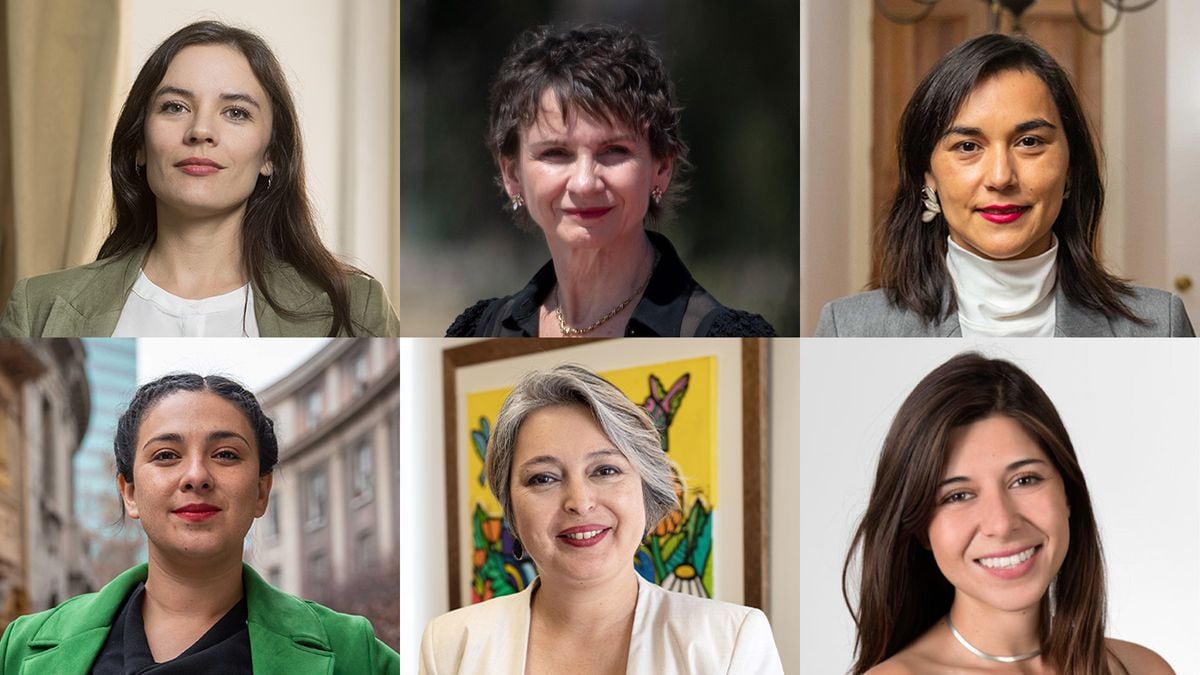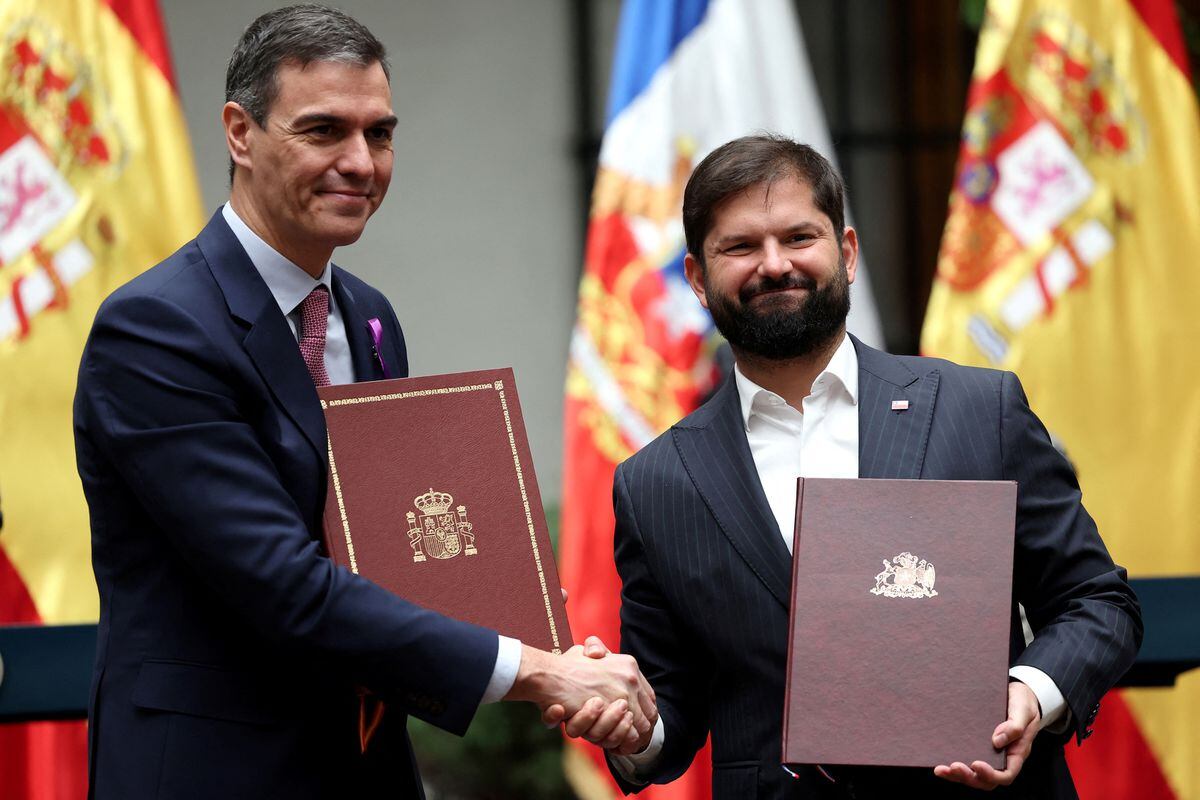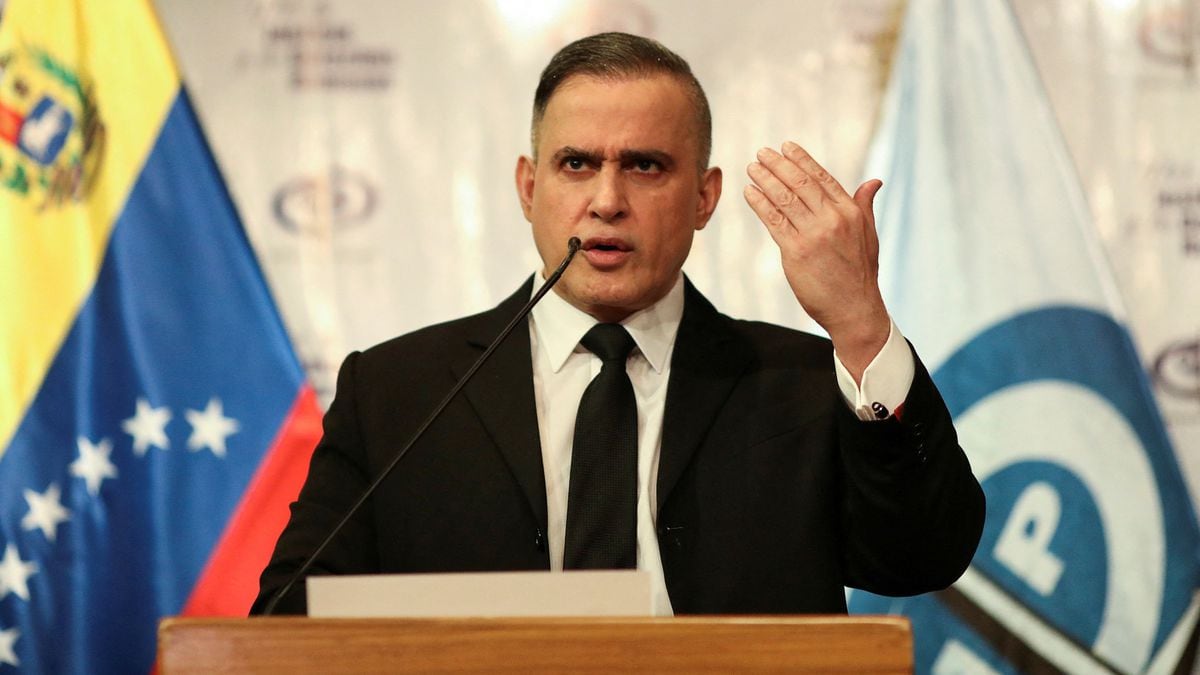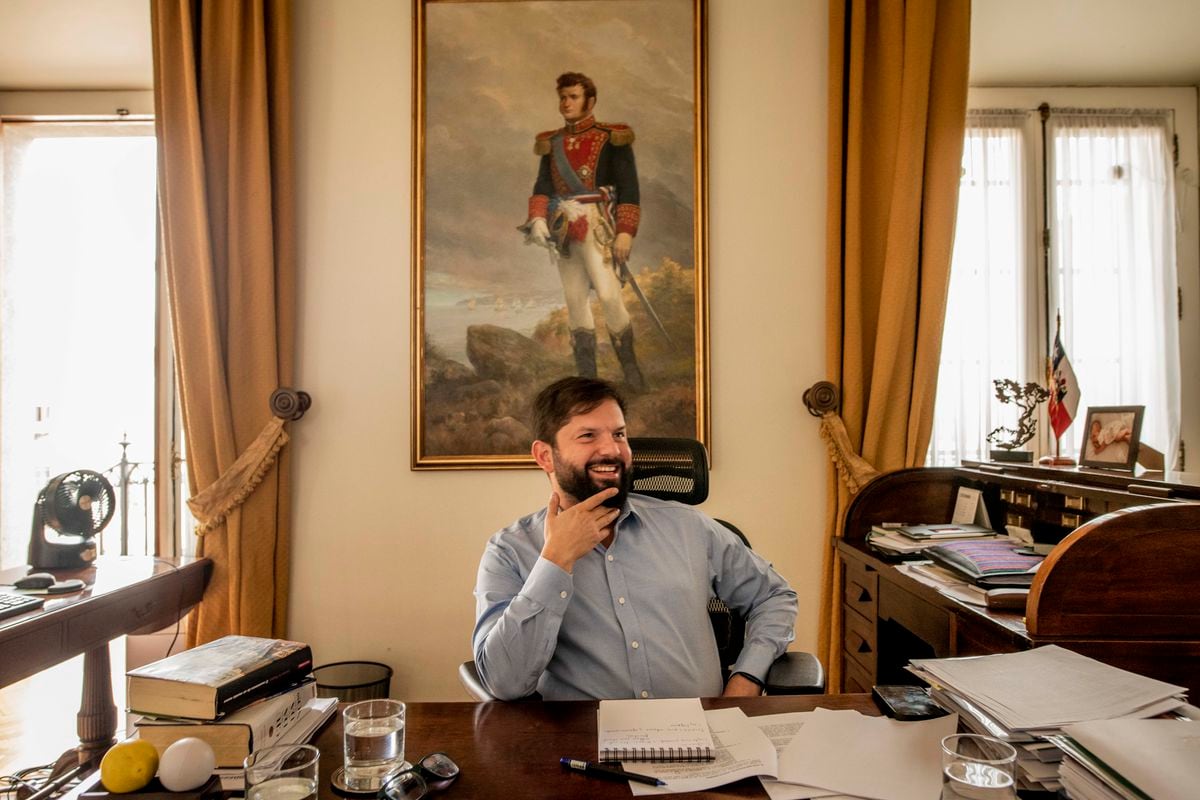Chilean President Gabriel Boric in a cabinet council in December 2022. Presidency of Chile (EFE / Presidency of Chile)
When the left-wing president, Gabriel Boric, assumed the Government of Chile on March 11, 2022, and swore in his Cabinet, made up of 14 ministers and 10 ministers, he said: “I am deeply proud that there are more women than men.
And that's thanks to the feminist movement."
By then, not only was his main team much more than equal in favor of women, but his Administration also marked a milestone, because for the first time in its history the South American country had a Minister of the Interior and Public Security, the doctor Izkia Siches.
More than a year later, the Interior portfolio, one of the most important political positions in the Government, is still in the hands of a woman, Minister Carolina Tohá.
But the appointment of the socialist Álvaro Elizalde in the Ministry of the Presidency (Segpres) on April 19 – in replacement of the lawyer Ana Lya Uriarte, who resigned for health reasons – broke the parity of the heart of the Executive.
Today, Boric's Cabinet is made up, for the first time, of more men than women: 13 ministers and 11 female ministers.
The first to alert the change in balance in the Boric Administration was the Minister for Women and Gender Equity, Antonia Orellana.
She said that, evidently, "because of mathematics", the Cabinet ceased to be equal.
"But I also believe that it is undeniable that we have made joint appointments in all the public companies of the State," said the minister, who is very close to the president.
She added: "I have nothing left but to express my wish that we can rebalance the issues according to the commitment we have to gender equality."
Boric has so far made two Cabinet changes.
According to the figures, in both he tried to protect the parity as a seal of his Administration.
The first was after the September 2022 plebiscite, after 62% of the citizenry rejected the proposal for a new Constitution.
It was when Minister Siches, who was from his closest circle, came out and Tohá entered.
He also changed Giorgio Jackson's portfolio, his closest collaborator, from Segpres to Social Development.
In her place he named Ana Lya Uriarte.
Women continued to be the majority: 15 compared to nine.
Boric's Cabinet on March 12, 2022 and March 11, 2023. Presidency of Chile
The second Cabinet change was on March 10, the day before Boric turned one year in La Moneda.
The new design contemplated two women less than when the Government debuted, but it remained equal: 12 ministers and 12 ministers.
However, that decision also sealed the departure of Foreign Minister Antonia Urrejola, who held a key portfolio with international visibility.
She was succeeded by Alberto van Klaveren.
But, after the arrival of Elizalde, who left the Senate to join the Cabinet, the total balance and the advantage of women over men in the Cabinet of the first months was lost.
According to María de los Ángeles Fernández, political scientist and president of Hay Mujeres, a foundation that promotes visibility and leadership, Boric, by taking parity as a principle and a mechanism to form his government, "made the same mistake as Michelle Bachelet in his first term (2006-2010)”.
This, because, in her opinion, the former socialist president, the only woman in Chile to lead La Moneda, "inaugurated ministerial parity in Chile in 2006 with mathematical criteria, but she could not keep her promise later since it was altered with the successive changes of Cabinet”.
Fernández says that both the Bachelet and Boric administrations "have lacked, from the point of view of government communication, a story about the meaning of parity in the sense that it is not necessarily about clinging to a rigid mathematical figure, but rather the desire for a balance between 60% and 40% representation of each sex.
This is what is meant by flexible parity”.
Jorge Navarrete, a lawyer and political columnist, tells EL PAÍS that, more than the numbers, with the end of parity in the Boric Administration what is lost is symbolism.
“In general, this government used to be at times, and still is, something grandiloquent in certain positions.
It was like that with the environmental and ecological government and the parity government.
Therefore, the falls, even if they are not very significant, when they are from a very high altitude, are very noticeable”.
The lawyer Navarrete thinks that "they conspired so that the first changes in President Boric's Cabinet affected more women than men."
The analyst says that when one looks at the numbers, he could not help but recognize that there is still a very important presence of women on the team.
"However, far from the expectation that the Government had planted, the recent departure of Minister Ana Lya Uriarte marks a certain trend that in the most relevant ministries, where the most difficult games have been played, despite the declarations and the vocation of the Government, women end up harmed more than men”.
The columnist also points to another factor: cultural changes, which take time: “Chilean politics continues to be preferentially dominated not only by men, but by a masculine code.
So, when the time comes to resort to a certain contingent cast to replace certain positions in the same category, the offer is still always greater for men than for women”.
Even in the first Chilean government that has openly declared itself feminist.

/cloudfront-eu-central-1.images.arcpublishing.com/prisa/T5HH6UAK3JH6LFK2WTTP6RTKEQ.jpg)


/cloudfront-eu-central-1.images.arcpublishing.com/prisa/IF24TOV3MFHHROUE2LMCLODXWI.jpg)


/cloudfront-eu-central-1.images.arcpublishing.com/prisa/U47VQFQW4FGCBFYMTUPCMC5PKE.jpg)

